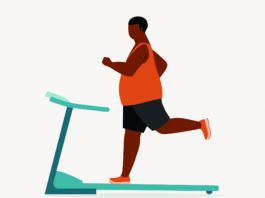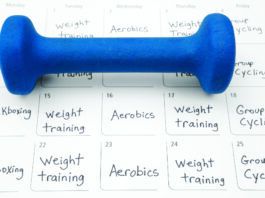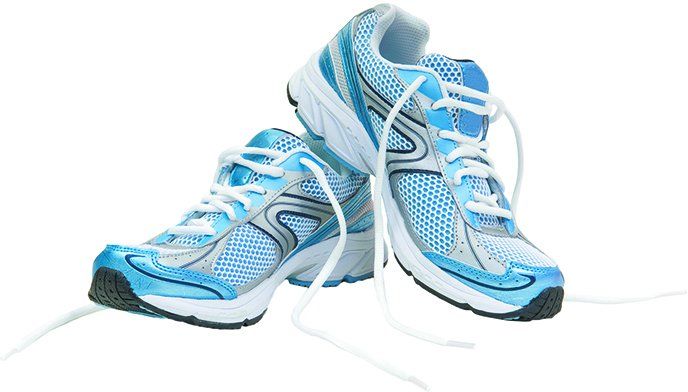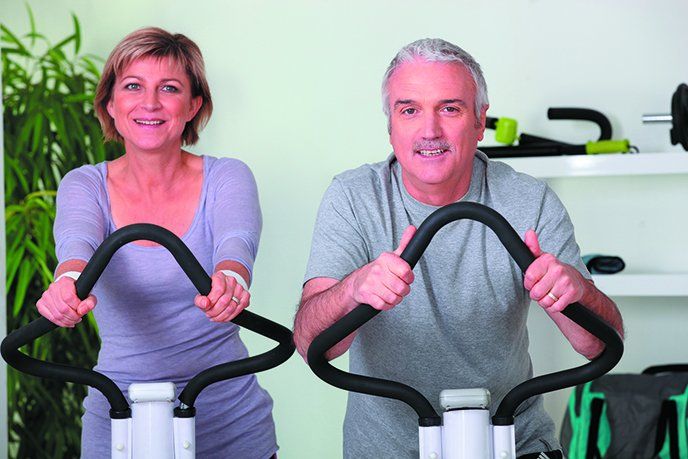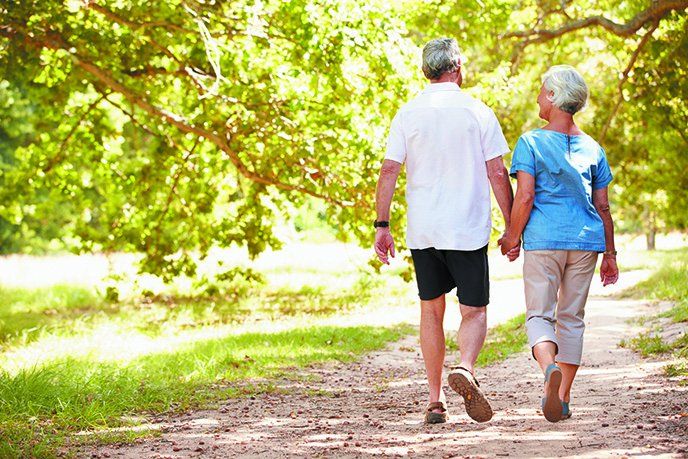10 Easy Steps to Help Prevent Colds and Flu
Taking early steps to protect against cold and flu through diet and lifestyle can help the flu shot fight seasonal viruses. Here are 10 simple preventative measures to boost immunity.
Exercise May Cut Your Risk of 13 Types of Cancer
Need fresh motivation to lace up those walking shoes? A study of 1.44 million adults reports that physical activity is associated with lower risk of 13 types of cancer, including three of the four most common - breast, colon and lung cancer.
No Weight-Loss Protection from Vitamin D
While losing weight can protect you against chronic diseases, it does come with a downside - especially for postmenopausal women: Studies have shown that obese older women who lose weight also lose lean muscle mass and bone mineral density (BMD), particularly if they are inactive, potentially putting them at greater risk of frailty and falls.
Dont Give Up on Weight Loss Because of “Biggest Loser”
If you followed the headlines about a recent study of contestants in the "Biggest Loser" reality-TV show, you might be despairing about your own chances of maintaining a healthy weight. The study, published in the journal Obesity, tracked contestants appearing on the shows eighth season, with 14 of the 16 willing to be re-measured six years later. On average, participants gained back more than two-thirds of the pounds they lost on the programs extreme diet and exercise regimen; some are even heavier now than before.
Public Transit Commuters Slimmer
Even just walking to the bus stop or train station might help commuters control their weight, according to a large British study.
Keep Active to Protect Your Brain
Two new studies provide important evidence of how physical activity might reduce the risk of Alzheimer's disease and other forms of cognitive decline. One study reported that participants who were most active showed the least decline - the equivalent of 10 years of mental aging. In a second study, the most active older adults were found to have the largest volume of gray matter in brain regions typically affected most by Alzheimer's.
Even After 70, Staying Active Pays Off
Continuing to exercise as you age really can make a difference. Researchers reported in the journal Circulation that even people in their 70s have much lower risk of stroke and heart attack with regular moderate exercise such as walking.
Fitness Trackers Flop at Measuring Calories Expenditure
Your fancy fitness-tracking gizmo probably isnt measuring your calorie expenditure very accurately. A new Japanese study in JAMA Internal Medicine compared a dozen such devices, including the popular Fitbit and Jawbone, with two "gold standard" laboratory methods of measuring energy expenditure.
Shedding a Few Pounds May Reduce Arthritis Risk
Losing even a modest amount of weight could reduce your risk of osteoarthritis, a new Dutch study suggests. Researchers followed 353 overweight and obese women, average age 56, for two and a half years.
Obesity Rates Growing Again
Has the obesity epidemic finally plateaued? Fat chance, says a new report from the Centers for Disease Control and Prevention, based on 2013-2014 national nutrition survey data.


























